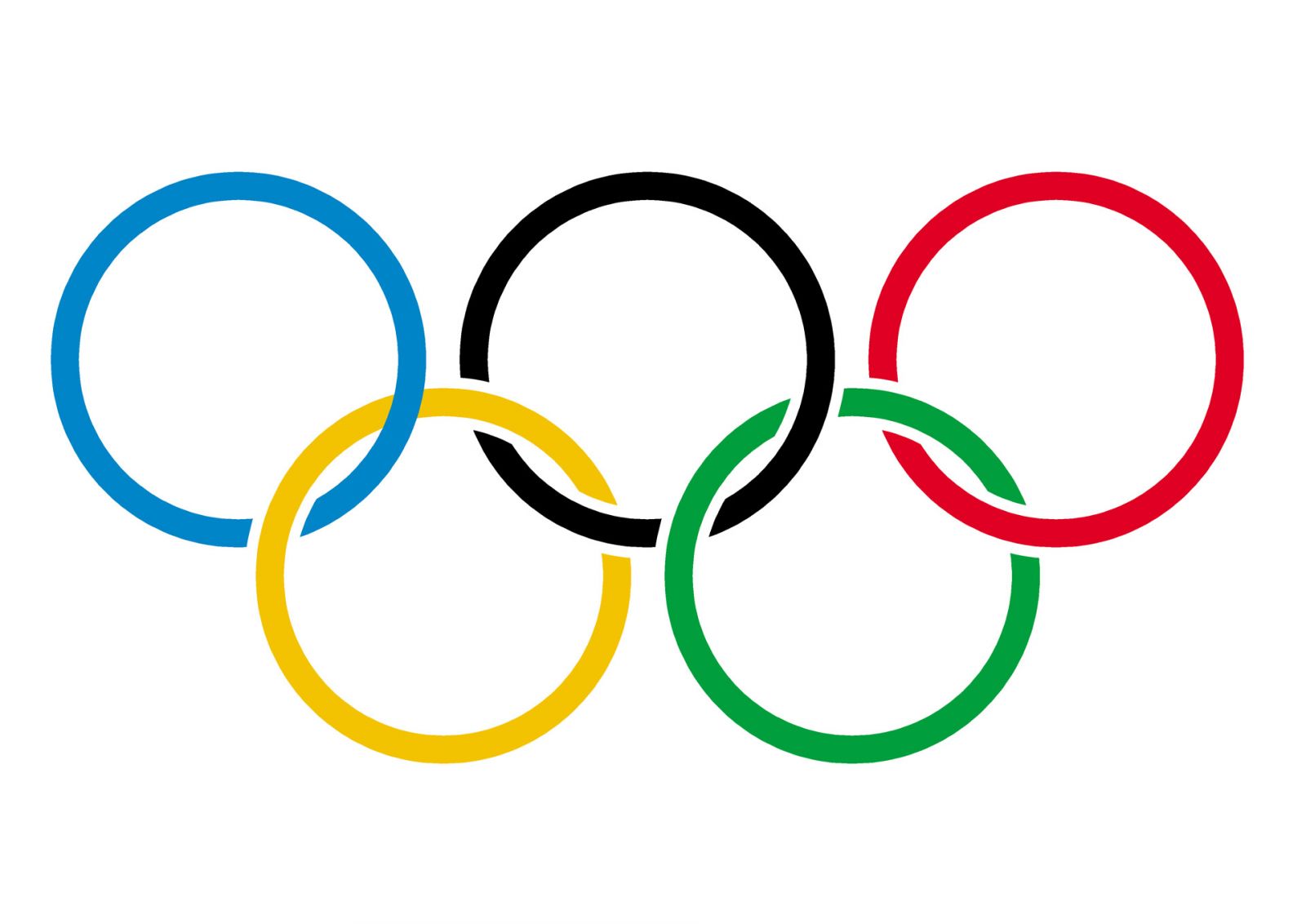Flip on the 2016 Summer Olympics, and you’ll quickly see that today’s athletes are the best of all time. Records are being shattered left and right. The best sprint times of Jesse Owens, once considered the fastest runner in the world, wouldn’t even earn him a medal today. And if you really want to be blown away, compare the Olympic women gymnasts of 1936 to the “Final Five” who captured the gold in Rio. To say there’s no comparison would be an understatement.
Like Olympians, our students today are competing in an environment like no other. The demands they face are greater than at any other time in history. In order to succeed on this new  playing field, few things matter more than good literacy skills.
playing field, few things matter more than good literacy skills.
And yet, there appears to be a “reading paradox” interfering with the increase in reading achievement many of our students need. This paradox is described well in the recent Education Week article*, To Boost Reading, Stop Blaming Teachers and Start Building Knowledge. The paradox is as follows:
“When elementary schools take time away from science, social studies, and the arts to dramatically increase time on reading instruction, they are likely to slow children’s growth in reading comprehension. This slowing won’t be apparent right away; it might not be apparent in the elementary grades at all. But in later grades—when students are expected to read historical speeches or science textbooks or biographies of artists—they will struggle.”
Thus, the authors conclude, to improve reading comprehension overall, schools need to make the acquisition of knowledge the topmost priority. Reading instruction is critical, but so too are the other subjects that will supply the essential background knowledge students need in order to comprehend the texts they will encounter in the coming years.
Comprehension and the acquisition of knowledge are central to our mission here at Read Naturally. Comprehension is the ultimate goal of all elements of the Read Naturally Strategy. Exciting knowledge is a byproduct of comprehension, which is why all of our stories are high-interest nonfiction. Read Naturally stories—written about interesting historical events, scientific phenomena, architecture, creatures, and much more—help students amass useful knowledge related to topics they’ll encounter later on in school and in life.
Often, students tell us they’re so interested in Read Naturally stories, they do further research into the topics. This is some of the greatest feedback we receive. It’s proof that these students are making the transition from learning to read to reading to learn. They’re realizing the joy of new knowledge, and they’re seeing that literacy is the key to discovering it.
So back to the Summer Olympics. How did Simone Biles rise to the challenges of a highly competitive environment and become the world’s greatest gymnast? She practices a lot of gymnastics, to be sure. But she also balances gymnastics with other important components. She eats well, gets enough sleep, and cross trains. How do students today develop the literacy skills needed to succeed in school? They work hard on building phonemic awareness, phonics, fluency, vocabulary, and comprehension, and they practice reading A LOT. They also amass knowledge in a variety of other subjects.
After all, reading skills are essential to get you into the games, but knowledge is the ultimate gold medal.
*Note that Education Week articles are accessed on a tiered subscription model. Non-subscribers can enjoy three free articles per month.
 Share your student’s success story—nominate him or her for our Star of the Month award. Win a Barnes & Noble gift card for the student and a Read Naturally gift certificate for your class!
Share your student’s success story—nominate him or her for our Star of the Month award. Win a Barnes & Noble gift card for the student and a Read Naturally gift certificate for your class!
Post a New Comment